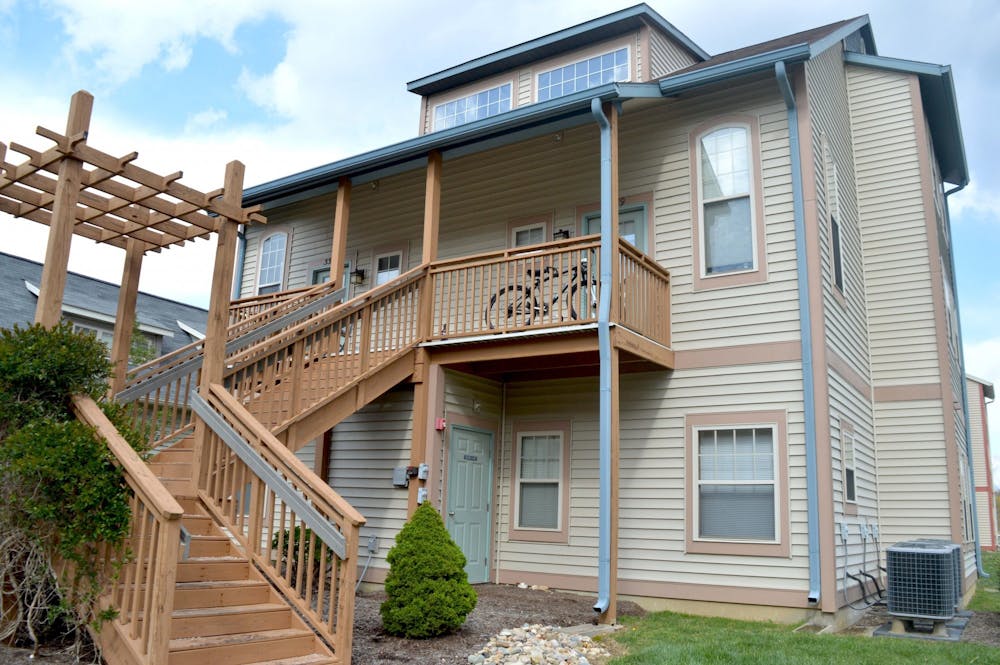The Bloomington City Council voted down an amendment 3-6 Thursday which would have added a mandatory neighborhood review meeting and established that language ensuring new plex development would not cause traffic congestion or neighborhood harm.
The city council has continued to discuss amendments to the Unified Development Ordinance over the past weeks. They voted down a proposed amendment Wednesday which looked to create more affordable housing by leveraging an increase of three bedrooms per unit, instead of two, for developers who provide cheaper units.
The amendment, sponsored by councilmembers Susan Sandberg and Dave Rollo, would have required duplex permits in traditionally single family residential neighborhoods to attend a pre-submittal neighborhood meeting. The amendment also said new development should not “cause undo traffic congestion” or cause adverse effects to other properties, according to the legislative packet.
Development Services Manager Jacqueline Scanlan said a meeting is already required for new duplex developments as part of an amendment, sponsored by councilmembers Jim Sims and Isabel Piedmont-Smith, passed May 5.
The city council amended the Plan Commission’s recommendation May 5 to allow duplexes on a conditional basis, which makes it necessary for new duplex developments to undergo a Board of Zoning Appeals review before starting construction.
Rollo said it is important for residents to have explicit language to give them confidence that the effects duplexes may cause will be taken seriously.
“Eliminating zoning for single families throughout all Bloomington is a transformative thing to do for the community,” Rollo said. “It's very broad sweeping impact may be significant. The greatest impact is very likely to be core neighborhoods.”
This amendment is a good-faith effort to add certain language back into the conversation when considering the addition of a new duplex, Sandberg said. The components of the amendment will improve communication and give the BZA an opportunity to use common sense when interpreting zoning code.
A concerning part of the amendment is defining what exactly the character of a neighborhood is, Piedmont-Smith said, and this could potentially lead to bias when determining future development.
“This language is vague and not helpful to the BZA in reaching decisions,” she said. “Adding more vague language just opens the door to more biased decisions.”
Some community members asked for the sponsors to withdraw the amendment and said the language and its goals were too vague. Others said they supported the amendment because neighborhoods need more protections for the possible adverse effects.
If available parking was the issue, Piedmont-Smith said it should have been mentioned in the text. Additionally, if a traffic study is required through this amendment, she said it may limit duplex development to large developers who can afford to conduct such studies.
It’s commonplace for a neighbor to drive to their home whether or not they live in a single-family home or duplex, Piedmont-Smith said.
Councilmember Steve Volan said increased street parking would cause more car traffic and more environmental concerns. He said communal neighborhood parking areas should be created, like many areas have already established, instead of dismissing plexes entirely.
“Frankly, with all due respect to the sincerity of proponents, this is bad policy,” Volan said.



